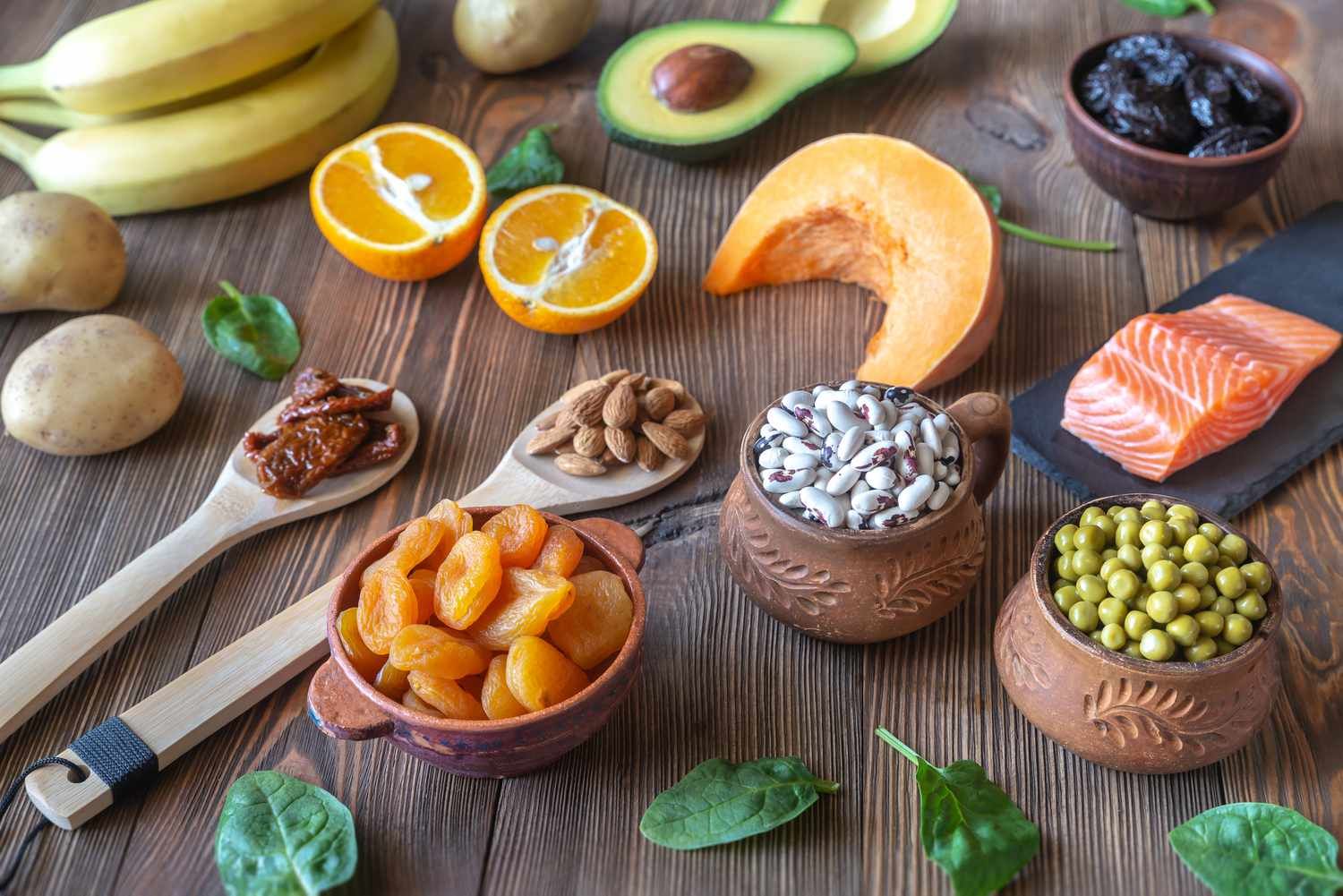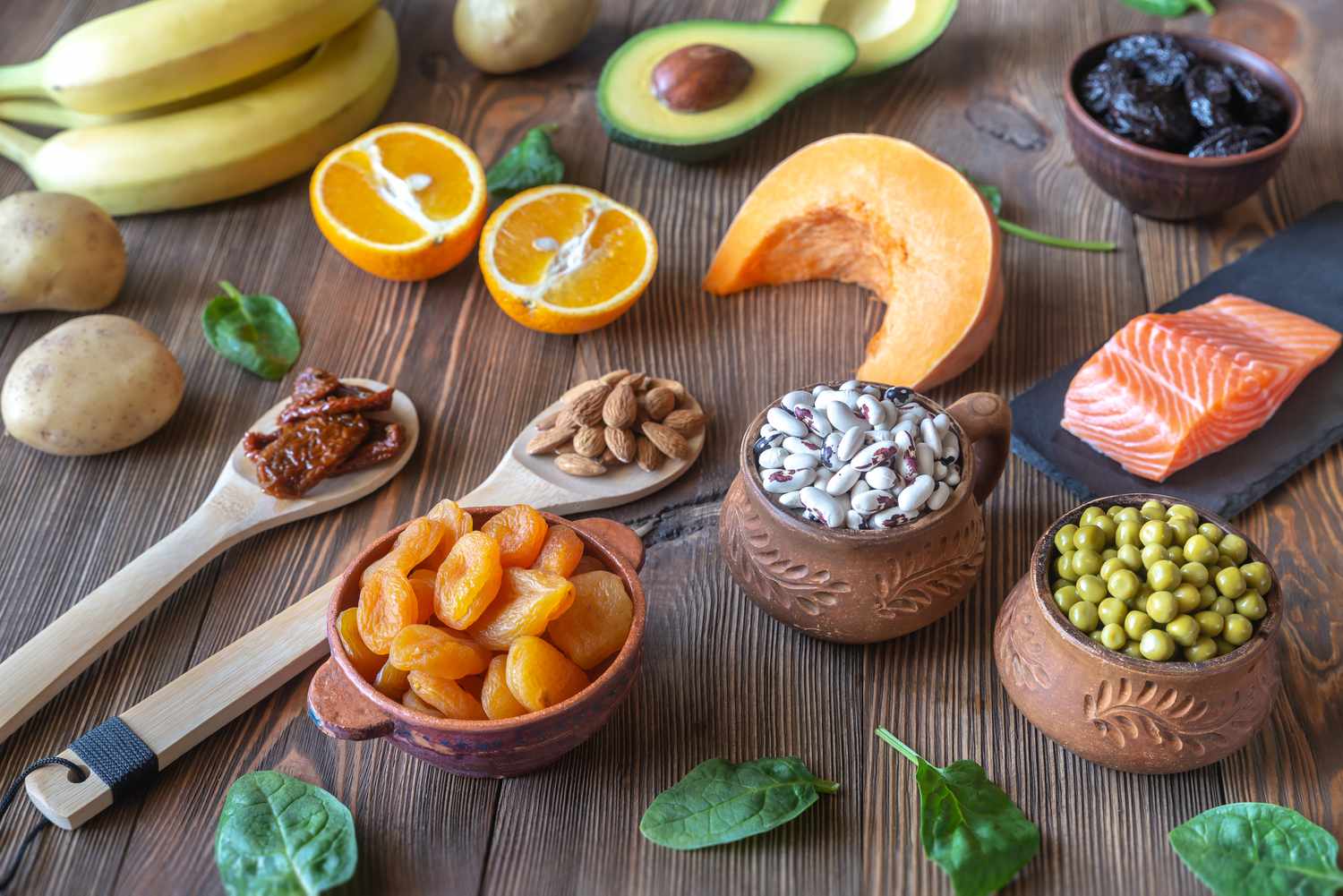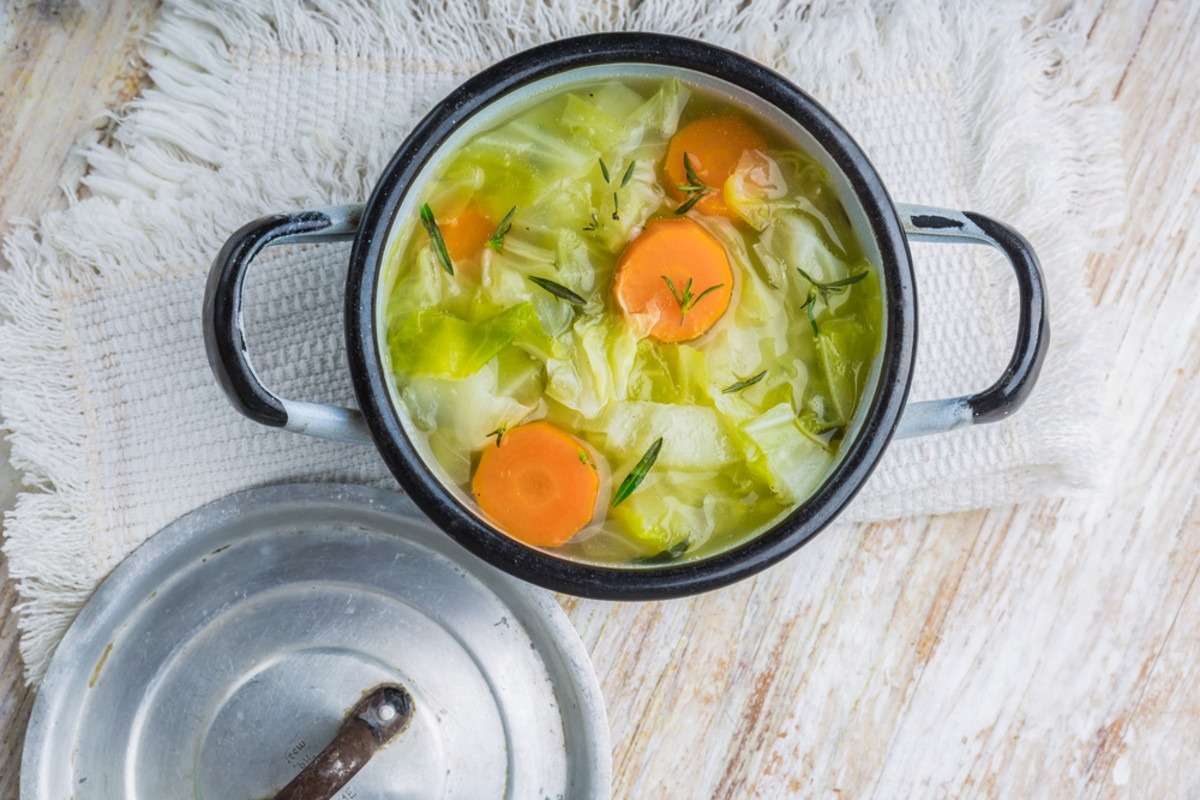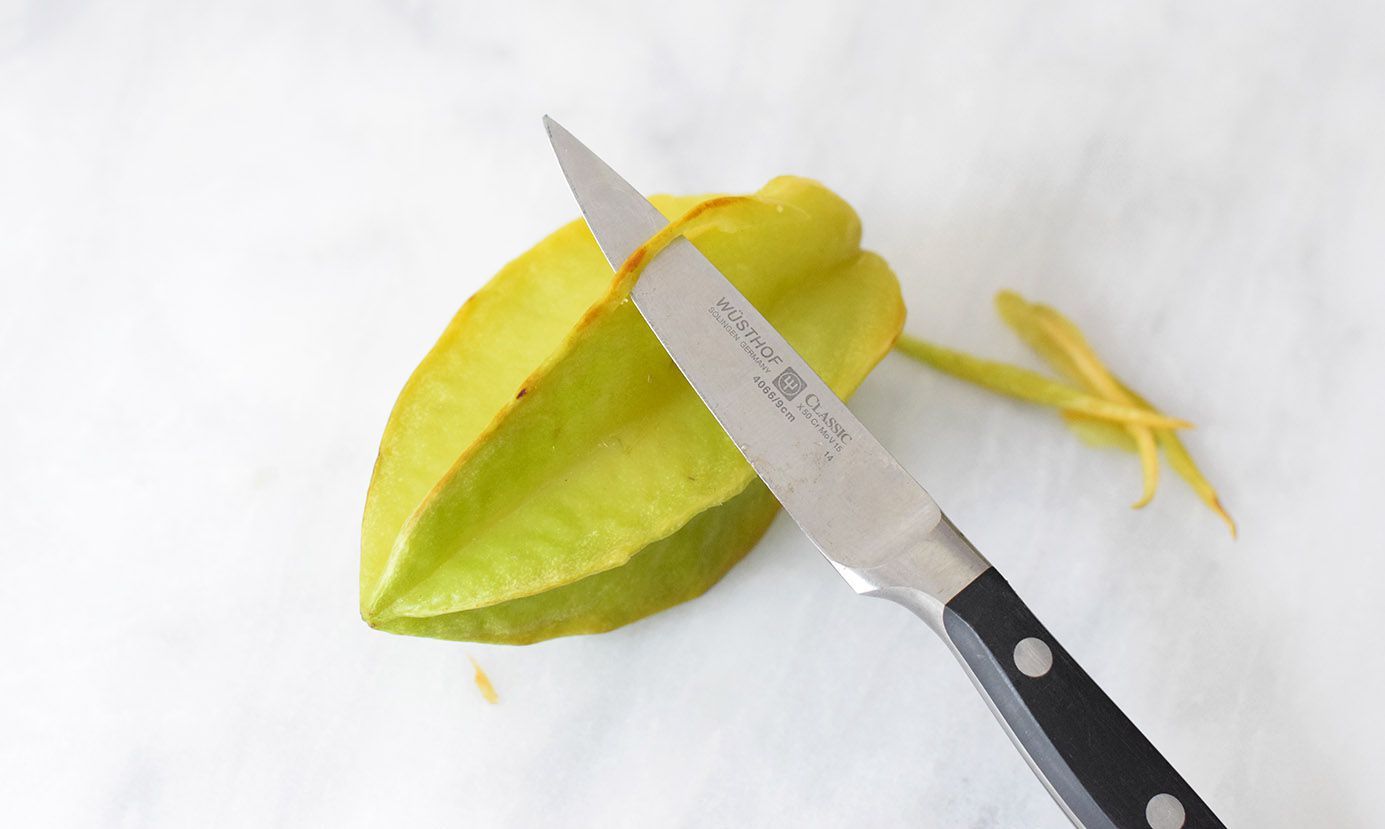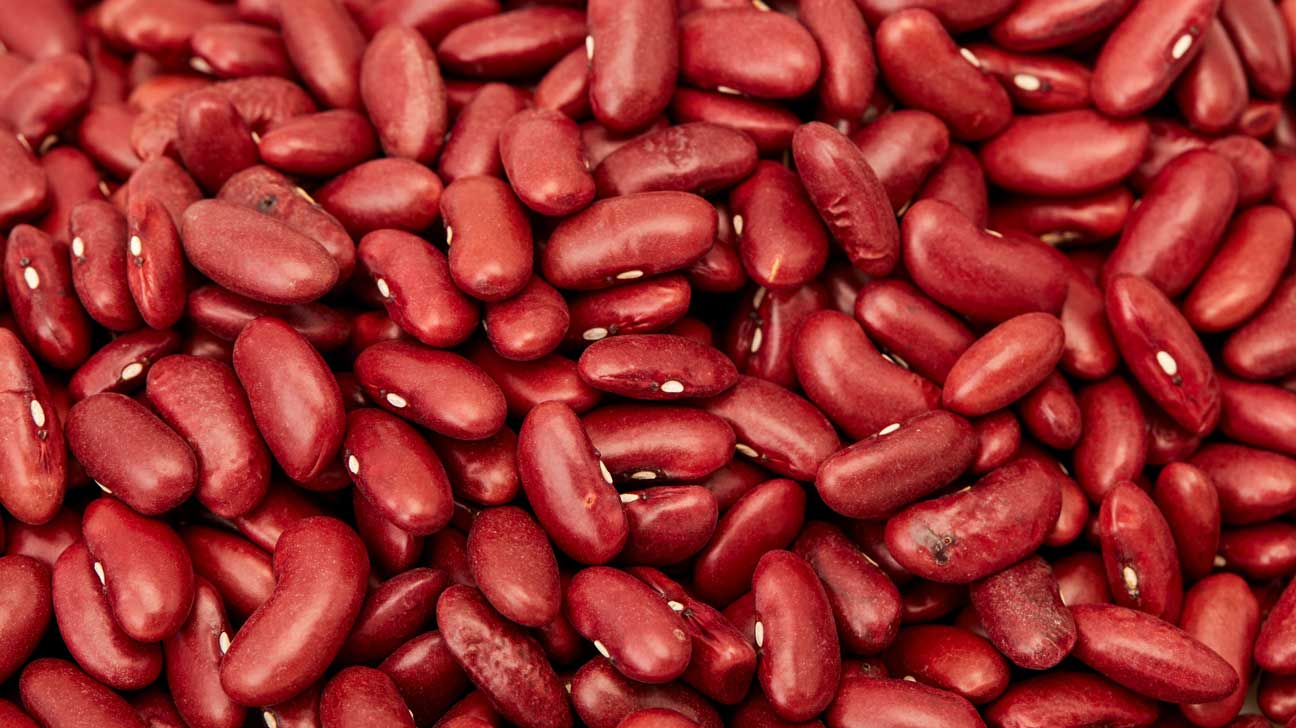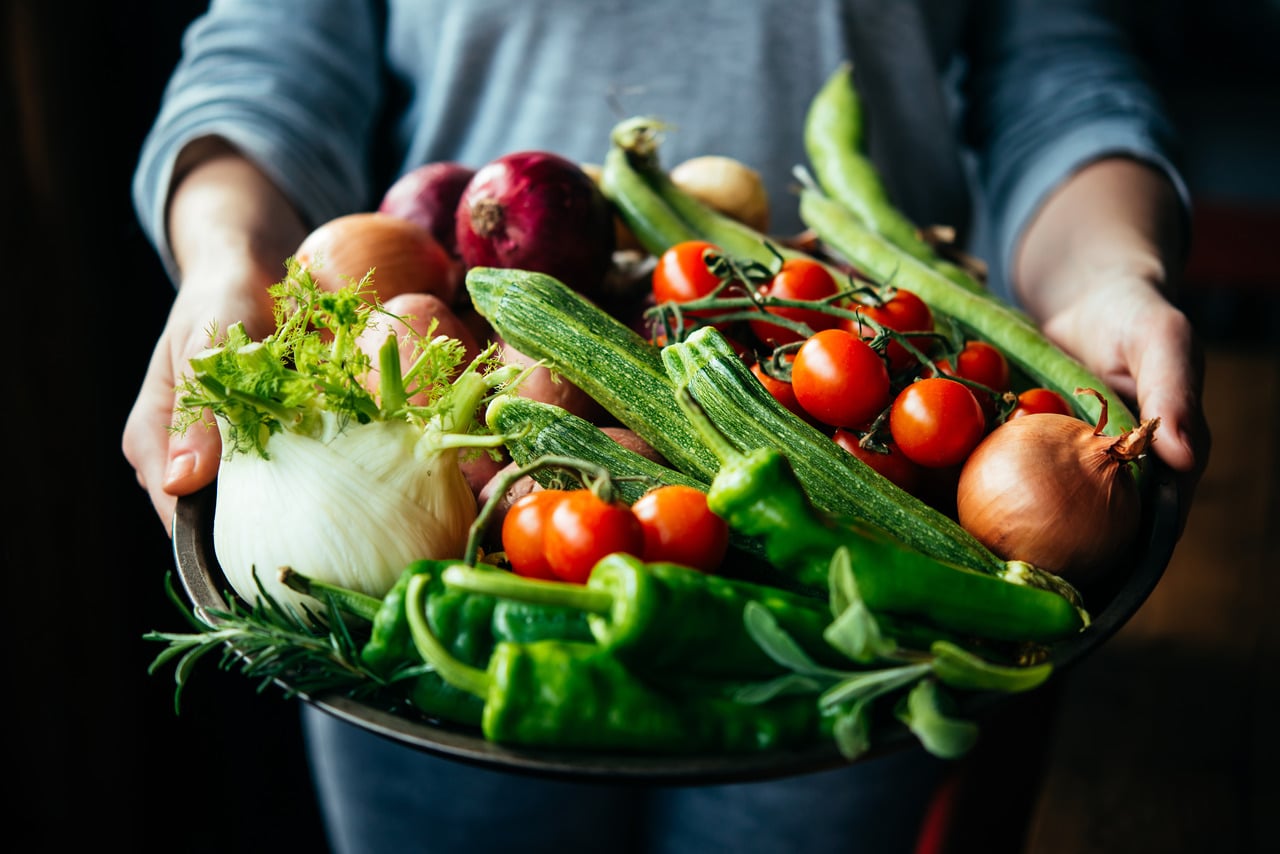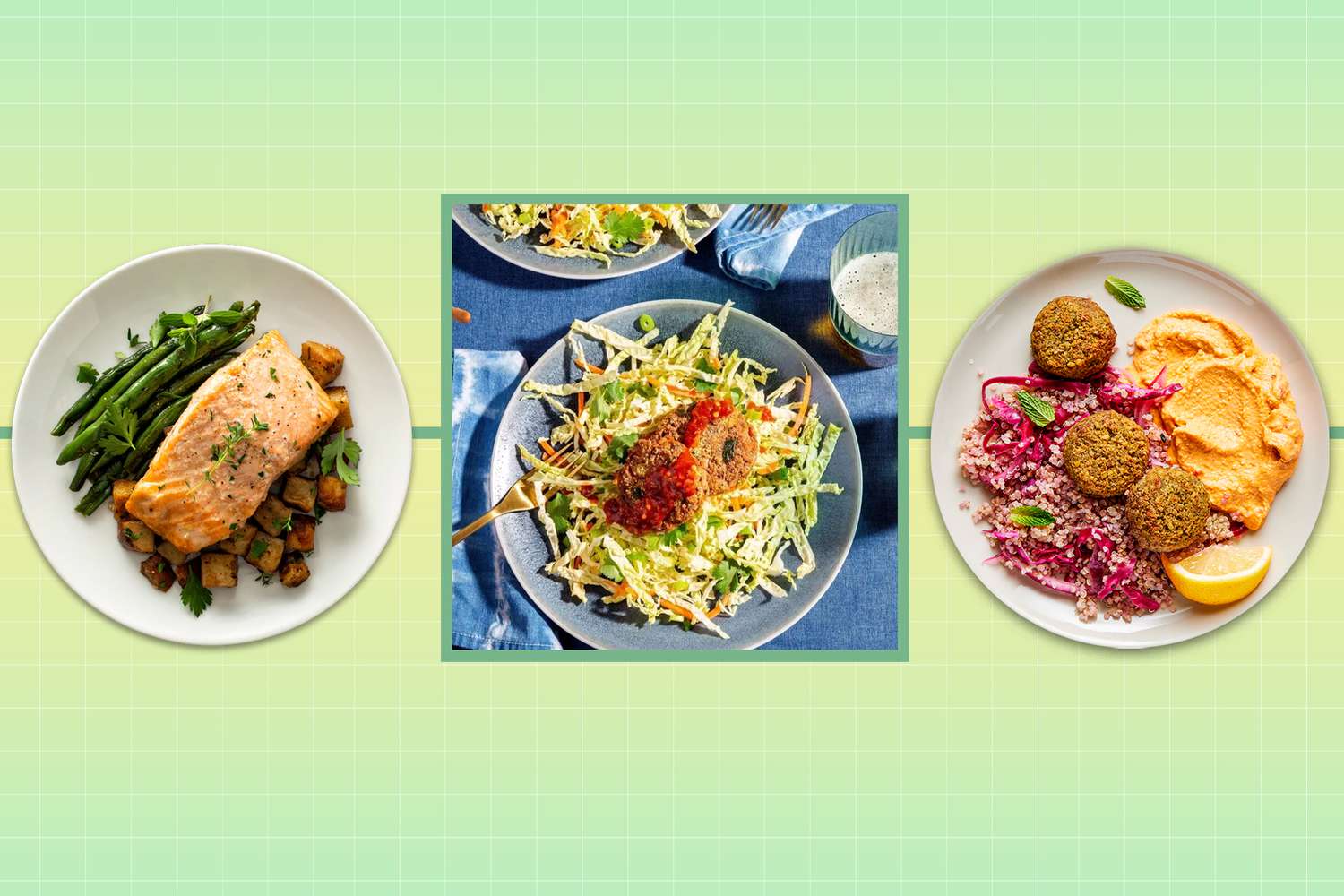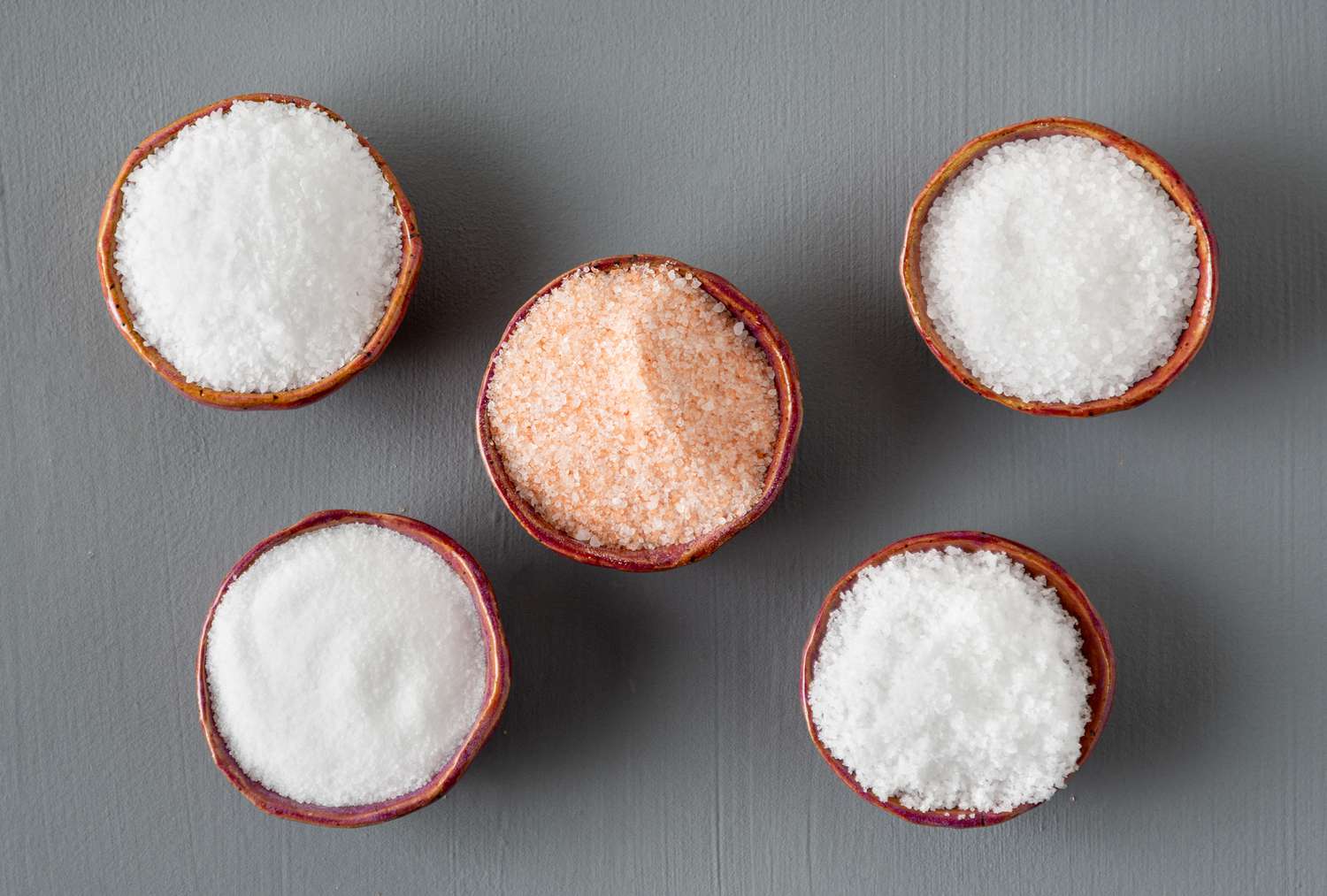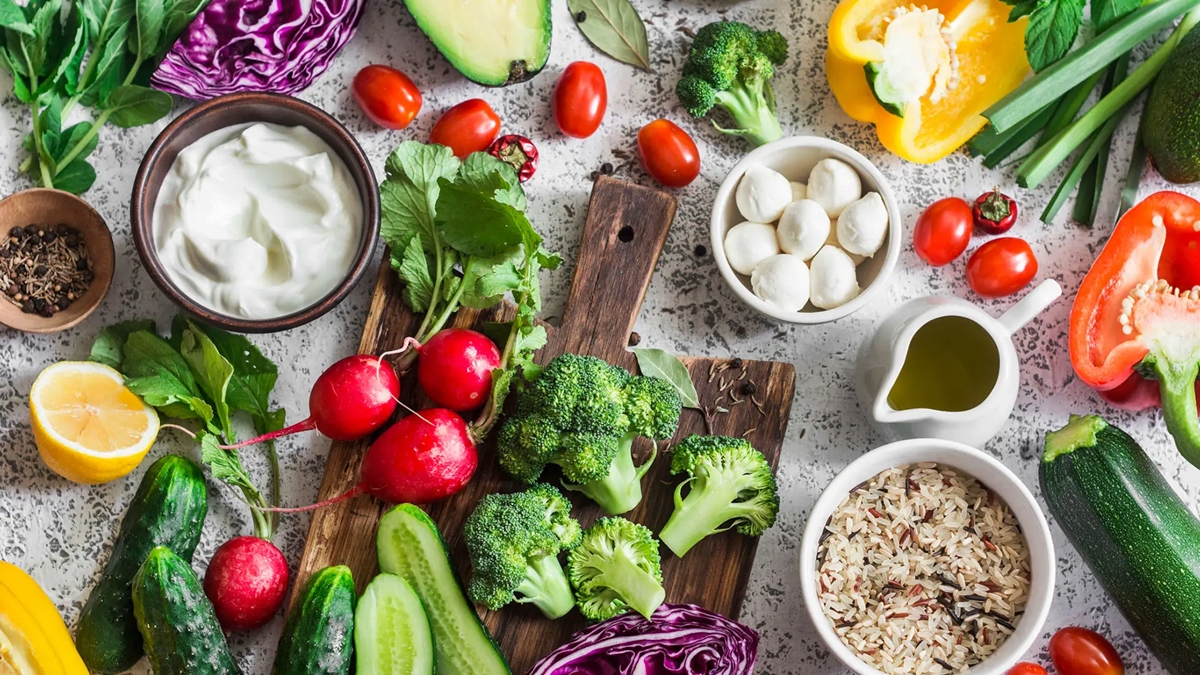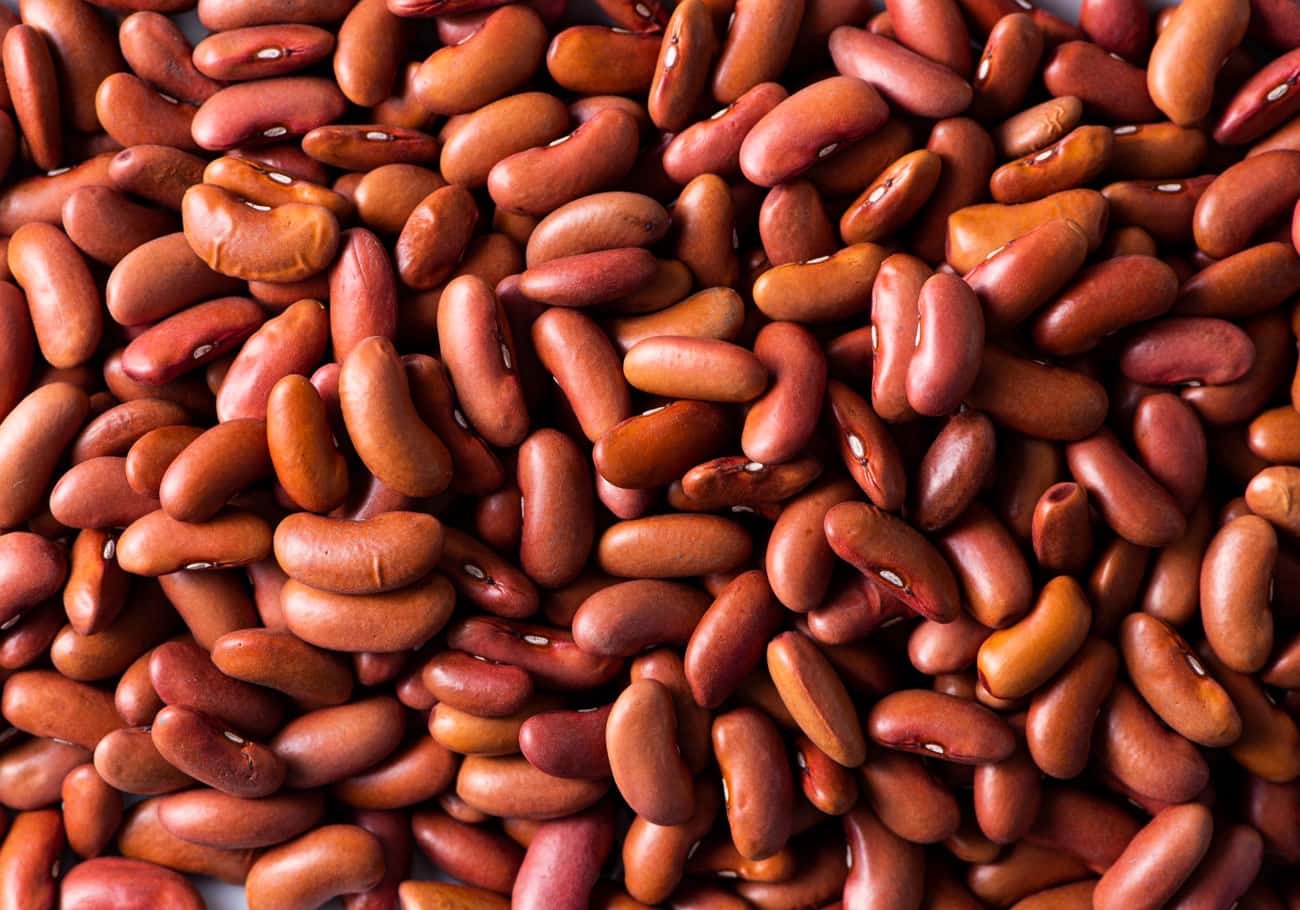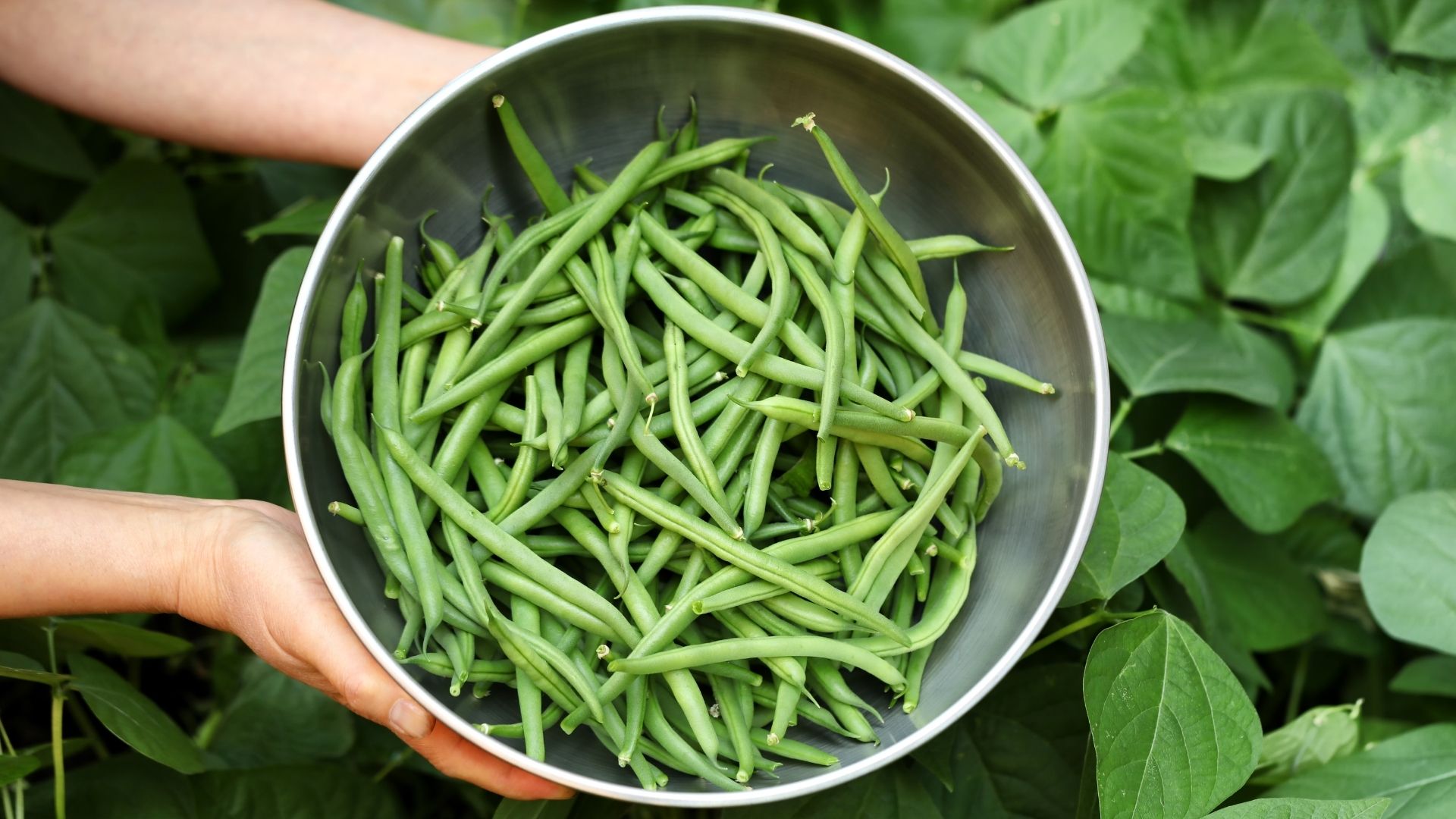How to Eat Well with Stage 2 Kidney Disease
Living with stage 2 kidney disease can be challenging, especially when it comes to making dietary choices. A healthy diet is crucial for managing the condition and slowing its progression. Here are some tips on how to eat well with stage 2 kidney disease:
1. Monitor Your Protein Intake
Protein is an essential nutrient, but for individuals with kidney disease, it’s important to monitor the amount consumed. High protein intake can put extra strain on the kidneys. Opt for high-quality protein sources such as fish, poultry, and eggs, and limit intake of red meat and processed meats.
2. Watch Your Sodium Intake
Excessive sodium can lead to high blood pressure and fluid retention, which can be harmful for kidney function. Avoid processed and packaged foods, as they often contain high levels of sodium. Instead, flavor your meals with herbs, spices, and lemon juice.
3. Stay Hydrated
Hydration is key for kidney health. Drinking an adequate amount of water helps the kidneys to flush out toxins and waste products. However, individuals with kidney disease should consult their healthcare provider to determine the appropriate amount of fluid intake, as excessive fluid can also be harmful.
4. Choose Kidney-Friendly Foods
Include plenty of fruits and vegetables in your diet, as they are rich in vitamins, minerals, and fiber. Some fruits and vegetables, such as bananas, oranges, and potatoes, are higher in potassium, so it’s important to monitor your intake of these foods. Additionally, limit phosphorus-rich foods such as dairy products, nuts, and seeds.
5. Control Your Phosphorus Intake
Phosphorus is a mineral that can build up in the blood of individuals with kidney disease. Limiting phosphorus-rich foods can help prevent complications. Read food labels and choose low-phosphorus options when possible.
6. Work with a Registered Dietitian
A registered dietitian specializing in kidney disease can provide personalized dietary guidance. They can help you create a meal plan that meets your nutritional needs while taking your kidney health into consideration.
7. Be Mindful of Potassium
Potassium is an important mineral for nerve and muscle function, but too much potassium can be harmful for individuals with kidney disease. Choose low-potassium fruits and vegetables, and consider leaching high-potassium vegetables before cooking to reduce their potassium content.
By making thoughtful dietary choices and working closely with healthcare professionals, individuals with stage 2 kidney disease can support their kidney health and overall well-being.
Remember, these tips are general guidelines and should not replace personalized medical advice. Always consult with your healthcare provider or a registered dietitian before making significant changes to your diet.
